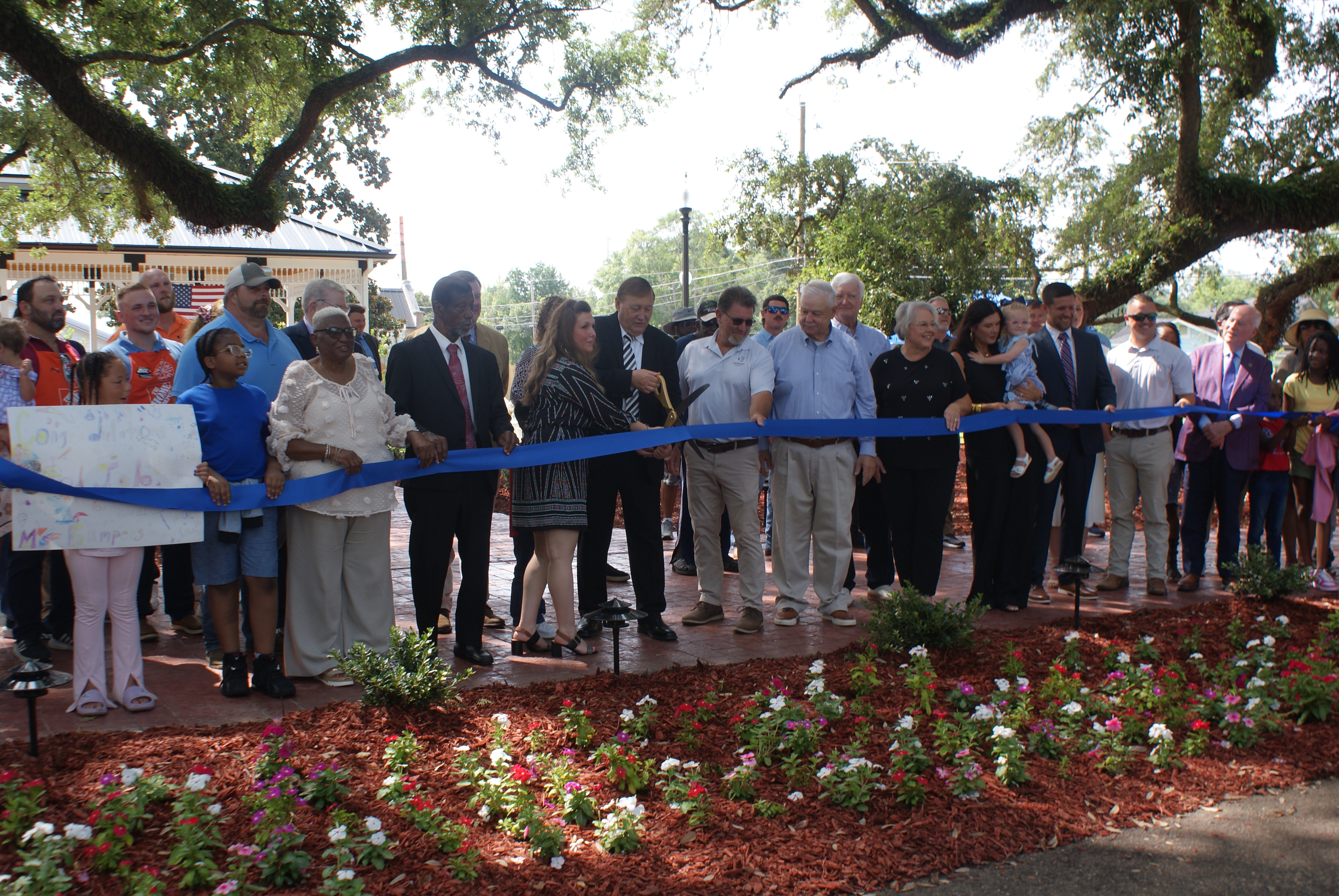New trauma regulations won’t change operations at Highland
Published 7:04 pm Friday, July 11, 2008
New regulations requiring all hospitals to participate in the trauma care network will not change operations at Highland Community Hospital.
The new regulations take effect on Sept. 1, and affect about 100 hospitals. Fees will be collected from non-participating hospitals to help fund the underfunded trauma networks.
Highland administrator Steve Grimm said that Highland has been part of the network since 2000, and the hospital will continue to do what it has been doing.
The system allows the hospital to send patients in need of trauma care to trauma care centers, such as Forrest General Hospital in Hattiesburg. A helicopter can pick up patients either from Highland or, in extreme circumstances, on scenes such as Interstate 59.
“To me, that’s a wonderful thing to have in our community and county,” Grimm said.
Use of this system has been proven to save lives, Grimm said. In 2002 automobile trauma deaths were reported at 62 percent, in 2006 that percentage dropped to 50 percent.
If a hospital chooses not to participate in the network, it can pay a fee, depending on its ranking in Mississippi’s tiered system for trauma care. Level one is the highest; Highland is ranked at level four, Grimm said. Since Highland is already participating, it will not have to pay a fee.
The hospital’s participation enables the hospital to administer initial treatment, log all the relevant statistics and send the patient to the nearest trauma center. Statistics are sent to the state and later used to plan for future trauma care. Those statistics ensure the necessary amount of staff are ready at trauma centers, Grimm said. Without those statistics, trauma center staff could be unprepared.
Patients in areas of non participating hospitals will go straight to trauma care centers and the hospital will not have to keep statistics.
When the new hospital is built in Picayune, there will still not be a trauma center in Pearl River County. However, Highland plans to attract a number of specialists that may be able to cater to certain injuries or ailments, reducing the need for transport to a trauma center.
“If you have the specialist to take care of it, then you are obligated to take care of it,” Grimm said.
Grimm said he is a member of the AAA Ambulance advisory board, which has been working to make health care better. One of the things the board filed for in the legislature to consider mandating is the use of helmets by those driving or riding on all-terrain vehicle’s.
Due to the high rate of injuries and deaths in accidents involving ATVs the bill written and passed to mandate the helmets, House Bill 1405, was signed by the governor on Thursday, Grimm said.





